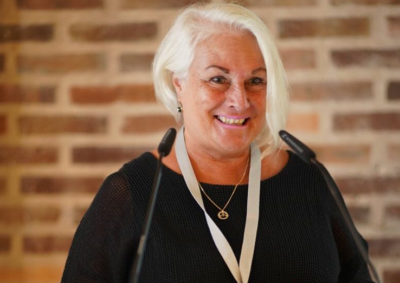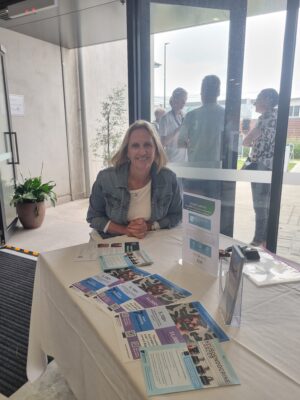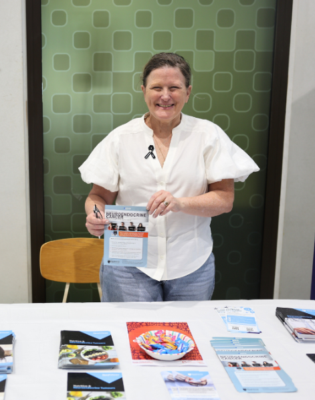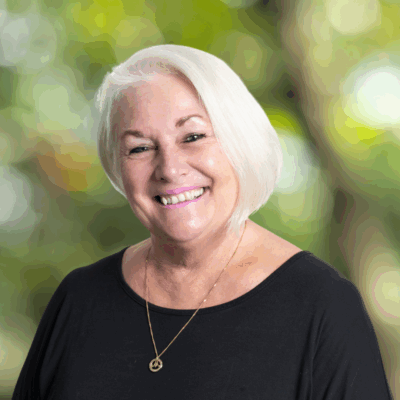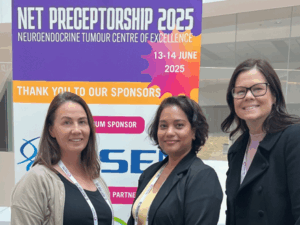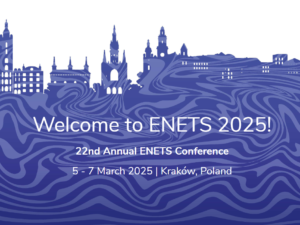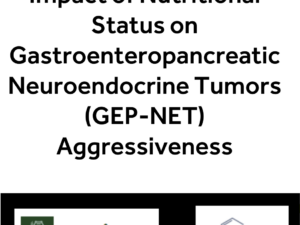The Neuroendocrine Tumor Research Foundation (NETRF) has announced a new round of scientific and clinical research grants, aimed at advancing the treatment of and the search for cures to neuroendocrine tumors (NETs). Though considered uncommon, recent data indicate that NET diagnoses are increasing in prevalence, and now affect about 170,000 Americans.
The grants, which would take effect in 2018, fall into three categories: Accelerator Grants, Investigator Grants, and Pilot Project Grants. Made possible in part by a generous gift from the Margie and Robert E. Petersen Foundation, the grants vary from $50,000 to $1.2 million and run up to four years.
“These are significant grants meant to transform our progress and continue our commitment to attract and support a committed community of investigators dedicated to a cure,” said Ron Hollander, NETRF executive director. “We are looking to attract the best ideas and the brightest researchers and physicians whose work can have a rapid impact on improving care for NET patients.”
To ensure that high-quality, meaningful research proposals are selected, NETRF uses a rigorous peer review process that includes external expert reviewers and a Board of Scientific Advisors. Interested applicants must submit a letter of intent by September 5, 2017. From that pool, exceptional investigators with the most promising and transformative ideas will be invited to submit full proposals. Grant awards will be announced in early 2018.
“We are seeking cutting-edge research proposals that apply novel science and new technologies to help advance existing knowledge and accelerate the development of diagnostic and therapeutic interventions for patients,” said Effie Tzameli, Ph.D., NETRF director of research.
In April 2017, NETRF announced $4 million in collaborative research grants to expand our molecular understanding of NETs and help drive personalized treatment options for patients. These ongoing projects use genomic sequencing, gene editing, and bioengineering to look for actionable targets for treatment.
“In our 2017 grants, we focused on funding teams that could help us unlock the biologic and genomic drivers that cause these tumors to form and grow,” said George Fisher, M.D., Ph.D., co-chair, NETRF Board of Scientific Advisors. “For our 2018 grants, we are looking for a broad range of research──especially translational and clinical projects──that can lead to better therapeutics that improve the lives of our patients.”
The NETRF Board of Directors, comprised of NET patients and family members, reinforced its commitment through this offering. “We are committed to projects based on strong science that can both increase our understanding of these tumors, while also offering real potential for extending and improving patients’ quality of life,” said Joseph Li, M.D., chair, NETRF Board of Directors.
“There have been many recent discoveries that have changed the way some cancers are diagnosed and treated,” said Daniel Chung, M.D., co-chair, NETRF Board of Scientific Advisors. “But the treatment of NETs lags behind. We need to accelerate our search for effective treatments and are looking for transformative ideas.”
NETRF funds research to discover cures and more effective treatments for carcinoid, pancreatic, and related neuroendocrine cancers. NETRF has funded $18.8 million in large-scale, multi-year NET research grants to leading scientists at renowned research institutions, including the top cancer centers in the U.S. and beyond. For more information go to netrf.org.
We are so pleased to promote this amazing work and for more details download this application document.
https://neuroendocrine.org.au/wp-content/uploads/2020/03/2017-NETRF-RFA-Final-20170712.pdf

